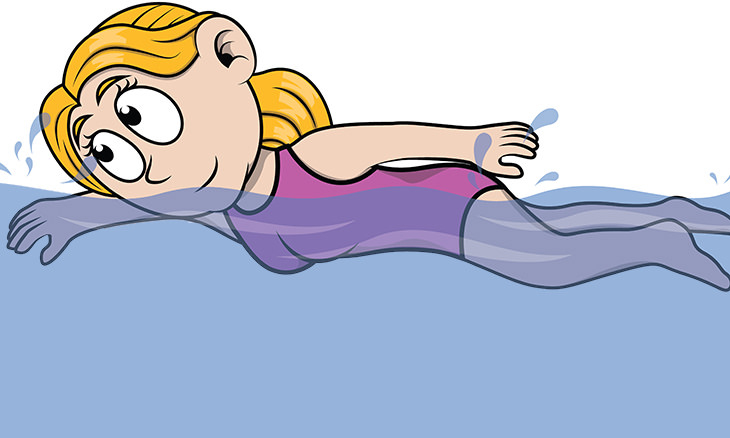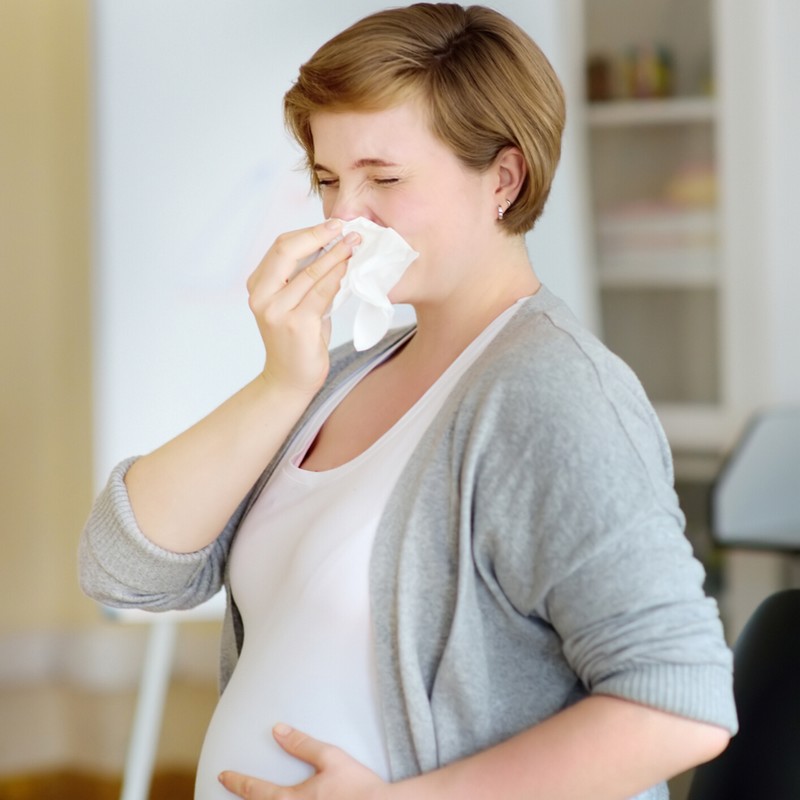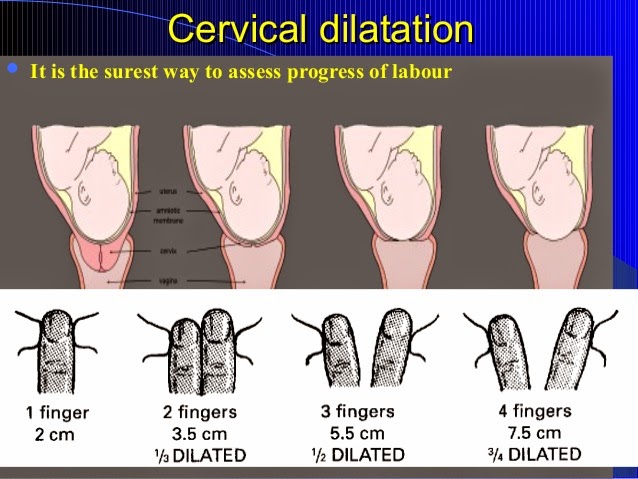How do you stop a child from vomiting
Tips and Remedies for Nausea and Vomiting
Medically Reviewed by Mahammad Juber, MD on June 23, 2022
Your child’s nausea has turned to vomiting, and you want to help them fast. Luckily, bouts of vomiting in kids aren’t usually harmful, and they pass quickly. Common causes are stomach viruses and sometimes food poisoning. Check in with your doctor if your child is less than 12 weeks old, acts sick, or if you are worried.
One of the best things you can do is watch for dehydration. Kids get dehydrated more quickly than adults. Watch your child for: acting tired or cranky, dry mouth, fewer tears when crying, cool skin, sunken-looking eyes, not urinating as often as normal, and when they do go, not peeing very much or urine that is darker yellow.
To prevent and relieve dehydration, try to get your child to drink in very small amounts. Even if vomiting continues, they're still absorbing some of what you give them. Try ice chips, sips of water, sports drinks, or oral rehydration solutions like CeraLyte, Enfalyte, or Pedialyte. After they vomit, start with a small amount: a few tablespoons every few minutes. Over time, give them more as they are able to hold it down. Make sure they urinate regularly.
For many years, parents used flat lemon/lime soda and ginger ale to help kids replace fluids, and many doctors still recommend those. But research has begun to show that oral rehydration solutions are better for kids. These drinks offer the right amounts of sugar and salt. An alternative can be a sports drink mixed with an equal amount of water.
When it’s been several hours since your child last vomited, you can begin a clear liquid diet beyond just water, electrolyte drinks, or oral rehydration solutions. Stick with liquids you can see through. They are easier to digest, yet they offer nutrients to give your child energy. Think clear broth, cranberry juice, apple juice. Popsicles and Jell-O can work well, too.
Vomiting in kids usually goes away with a little time. It’s best to wait it out. Over-the-counter medicines for vomiting are not recommended for kids.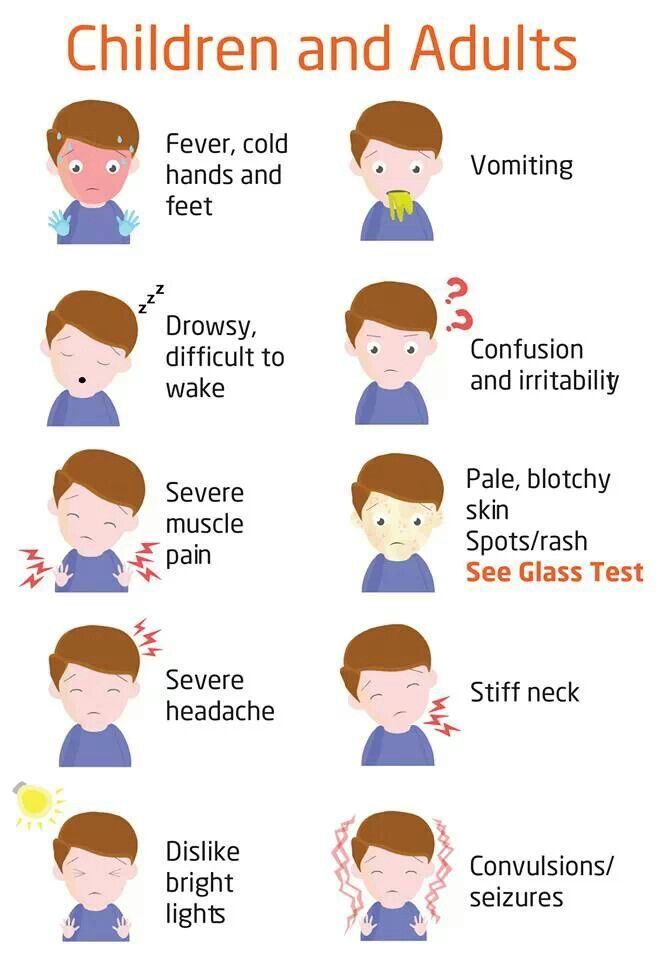 Those meds won’t help if a virus is the cause -- and it usually is. Fluids rather than drugs are the key. If vomiting is severe, though, doctors may prescribe something to prevent the nausea and vomitting.
Those meds won’t help if a virus is the cause -- and it usually is. Fluids rather than drugs are the key. If vomiting is severe, though, doctors may prescribe something to prevent the nausea and vomitting.
It’s been used for thousands of years to reduce pain and stomach ills. Researchers believe the chemicals in ginger work in the stomach and intestines as well as the brain and nervous system to control nausea. While it isn’t proven to stop nausea and vomiting in kids, it may be worth a shot. It’s safe for kids over 2. Ask your pediatrician how to try it.
This technique has helped some with nausea. Acupressure puts pressure on one part of the body to bring about change elsewhere in the body. It’s similar to the ancient Chinese method of acupuncture. To try to quell a child’s nausea this way, use your middle and index fingers to press down on the groove between the two large tendons on the inside of their wrist that start at the palm of their hand.
It’s time to get medical attention for a child if they:
• are under 12 weeks old and vomit more than once
• show signs of dehydration, or you suspect they ate or drank poison
• act confused; or have a high fever, a headache, rash, stiff neck, or stomach pains
• have blood or bile in their vomit, or you think they may have appendicitis
• are hard to wake up, look sick, have been vomiting for more than 8 hours, or if you’re worried
These are signs of what may be a serious underlying condition, and your child should at that point see a doctor.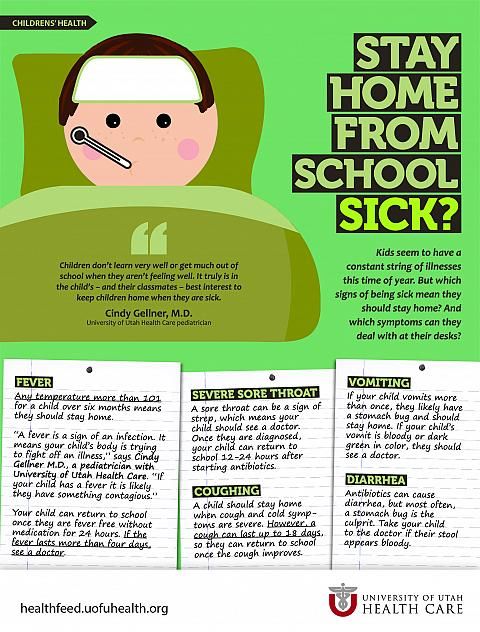
IMAGES PROVIDED BY:
1) David Laurens/PhotoAlto Agency
2) Steve Pomberg/WebMD
3) Steve Pomberg/WebMD
4) Glowimages
5) Foodcollection
6) Ray Massey/Stone
7) Michael Rosenfeld/Photographers Choice
8) Steve Pomberg/WebMD
9) Michelle Lance / WebMD
SOURCES:
Jamie Simonds, LPN, Capital Area Pediatrics, Falls Church, VA.
Johns Hopkins Children’s Center: “Nausea.”
Children’s Physician Network: “Dehydration.”
Nemours Foundation: “Dehydration.”
CDC: “Seasonal Influenza, Check for Fluid Loss.”
CBS News: “Flat Soda Doesn’t Help Dehydration.”
University of Maryland Medical Center: “Complementary and Alternative Medicine Guide.”
MedlinePlus: “Diet -- Clear Liquid,” “Ginger.”
Medline: “Nausea and Acupressure.”
American Academy of Pediatrics: “Vomiting.”
© 2022 WebMD, LLC. All rights reserved. View privacy policy and trust info
Treating Vomiting - HealthyChildren.org
Log in | Register
Health Issues
Health Issues
What's the best way to treat vomiting?
In most cases, vomiting will stop without specific medical treatment. The majority of cases are caused by a virus and will get better on their own. You should never use over-the-counter or prescription remedies unless they've been specifically prescribed by your pediatrician for your child and for this particular illness.
The majority of cases are caused by a virus and will get better on their own. You should never use over-the-counter or prescription remedies unless they've been specifically prescribed by your pediatrician for your child and for this particular illness.
When your infant or young child is vomiting, keep her lying on her stomach or side as much as possible. Doing this will minimize the chances of her inhaling vomit into her upper airway and lungs.
Watch for Dehydration
When there is continued vomiting, you need to make certain that dehydration doesn't occur. Dehydration is a term used when the body loses so much water that it can no longer function efficiently. If allowed to reach a severe degree, it can be serious and life-threatening. To prevent this from happening, make sure your child consumes enough extra fluids to restore what has been lost through throwing up. If she vomits these fluids, notify your pediatrician.
Modify Your Child's Diet
For the first twenty-four hours or so of any illness that causes vomiting, keep your child off solid foods, and encourage her to suck or drink small amounts of electrolyte solution (ask your pediatrician which one), clear fluids such as water, sugar water (1/2 teaspoon [2. 5 ml] sugar in 4 ounces [120 ml] of water), Popsicles, gelatin water (1 teaspoon [5 ml] of flavored gelatin in 4 ounces of water) instead of eating. Liquids not only help to prevent dehydration, but also are less likely than solid foods to stimulate further vomiting.
5 ml] sugar in 4 ounces [120 ml] of water), Popsicles, gelatin water (1 teaspoon [5 ml] of flavored gelatin in 4 ounces of water) instead of eating. Liquids not only help to prevent dehydration, but also are less likely than solid foods to stimulate further vomiting.
Be sure to follow your pediatrician's guidelines for giving your child fluids. Your doctor will adhere to requirements like those descibed below.
Estimated Oral Fluid and Electrolyte Requirements by Body Weight
6–7 |
10 |
16 |
11 |
15 |
23 |
22 |
25 |
40 |
26 |
28 |
44 |
33 |
32 |
51 |
40 |
38 |
61 |
1 pound = 0. 45 kilograms
45 kilograms
1 ounce = 30 ml
*NOTE: This is the smallest amount of fluid that a normal child requires. Most children drink more than this.
In most cases, your child will just need to stay at home and receive a liquid diet for twelve to twenty-four hours. Your pediatrician usually won’t prescribe a drug to treat the vomiting, but some doctors will prescribe antinausea medications to children.
If your child also has diarrhea, ask your pediatrician for instructions on giving liquids and restoring solids to her diet.
When to Call the Pediatrician
If she can’t retain any clear liquids or if the symptoms become more severe, notify your pediatrician. She will examine your child and may order blood and urine tests or X-rays to make a diagnosis. Occasionally hospital care may be necessary.
Until your child feels better, remember to keep her hydrated, and call your pediatrician right away if she shows signs of dehydration. If your child looks sick, the symptoms aren’t improving with time, or your pediatrician suspects a bacterial infection, he may perform a culture of the stool, and treat appropriately.
If your child looks sick, the symptoms aren’t improving with time, or your pediatrician suspects a bacterial infection, he may perform a culture of the stool, and treat appropriately.
- Last Updated
- 8/1/2017
- Source
- Caring for Your Baby and Young Child: Birth to Age 5 (Copyright © 2009 American Academy of Pediatrics)
The information contained on this Web site should not be used as a substitute for the medical care and advice of your pediatrician. There may be variations in treatment that your pediatrician may recommend based on individual facts and circumstances.
what to do and how to stop vomiting in a child
The debut of diabetes mellitus, intestinal infection, sunstroke, stress - vomiting in children can be caused by a variety of factors.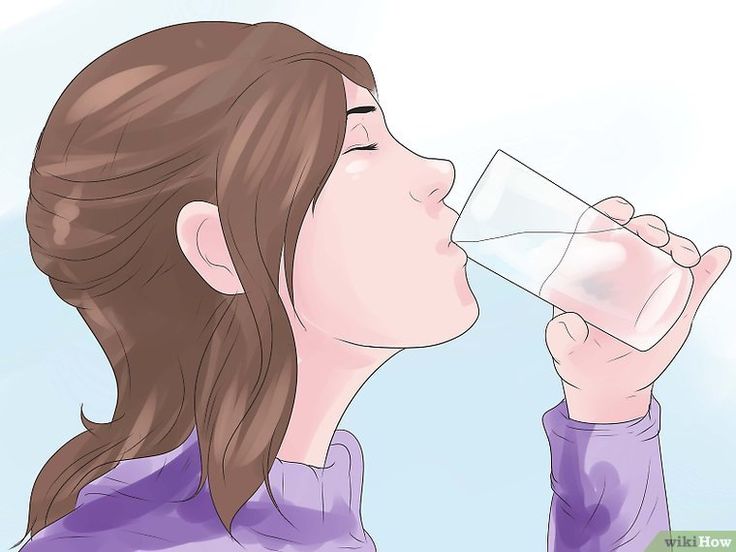 How to help a child with vomiting and not harm him?
How to help a child with vomiting and not harm him?
Shulamith Wolfson, pediatrician
Legion-media
Pediatrician Shulamith Wolfson gave detailed recommendations for parents to help take care of a child with vomiting.
Contents of the article
Do not self-medicate! In our articles, we collect the latest scientific data and the opinions of authoritative health experts. But remember: only a doctor can diagnose and prescribe treatment. nine0003
First aid for vomiting
Vomiting can be caused by many things, from an intestinal infection to the onset of diabetes. Only a doctor who will examine the child can find the cause and choose the treatment. But you can and should start helping your daughter or son even before consulting a doctor.
No medicine for child vomiting
If the child is vomiting, it will probably be very difficult to give him medicine. Most likely, any syrup-tablet-soluble powder will only provoke another vomiting urge. And the choice of the necessary medicine without a doctor's examination is almost impossible. Therefore, we pay all attention to non-drug methods of combating vomiting. nine0003
Most likely, any syrup-tablet-soluble powder will only provoke another vomiting urge. And the choice of the necessary medicine without a doctor's examination is almost impossible. Therefore, we pay all attention to non-drug methods of combating vomiting. nine0003
Drinking when vomiting
To stop vomiting, the child needs to be fed, that is, offer him liquid in tiny portions and often. This requires a watch, a teaspoon or a syringe and a glass of liquid (special saline solution or diluted dried fruit compote or weak tea. 100-200 ml of breast milk can be expressed for feeding infants). Every 2-3 minutes (strictly on the clock!) The child is offered a teaspoon of liquid or 2-3 ml from a syringe, even if a spoon is too large for him. And so, in a spoon, a sip every 2-3 minutes, the child is drunk for 1-1.5 hours. nine0031 If the child's condition does not improve after 1-1.5 hours of drinking, it is necessary to go to the hospital. They will help you find the cause of vomiting and select the necessary treatment.
They will help you find the cause of vomiting and select the necessary treatment.
What to do after successful drinking when vomiting
As a rule, on the background of drinking, vomiting becomes less frequent, then disappears completely - and the child comes to life, becomes more active, begins to resist drinking and demands the entire glass of liquid. You shouldn't do that. A large volume of liquid that quickly enters the stomach may cause the child to vomit again. nine0031 Breastfed babies can be breastfed after successful feeding. Formula-fed infants and older children may continue to be given already large volumes of fluid (10-30 ml) every 5-10 minutes.
At the same time, food that can be eaten in small amounts can be placed in the child’s reach: raisins and other dried fruits, crackers, bread sticks, corn sticks, homemade white bread croutons, etc. Let the baby "nibble" this food little by little, in accordance with her appetite.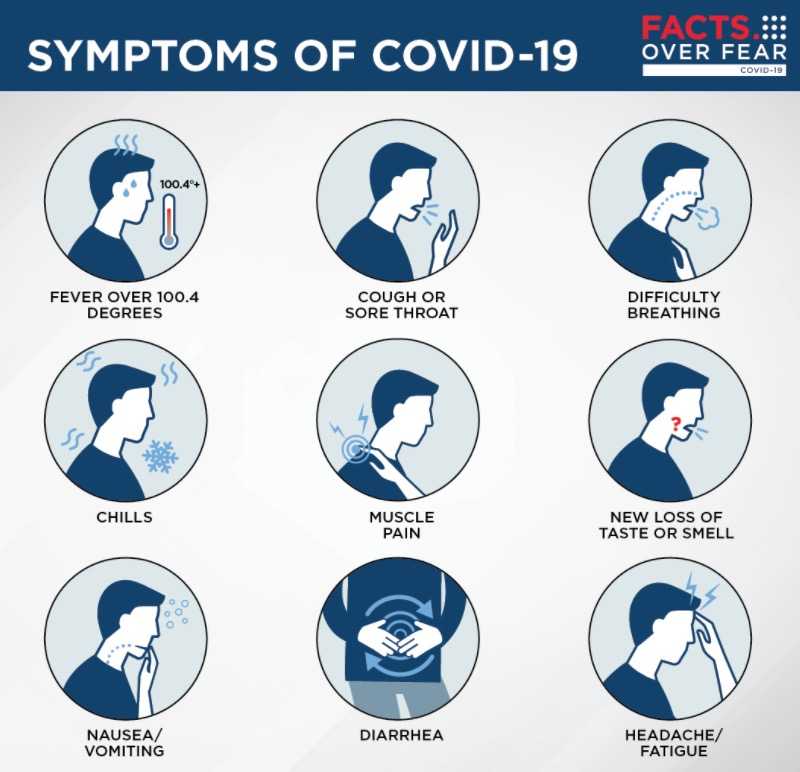 If vomiting starts again (this may be, for example, against the background of viral intestinal infections), then it is necessary to start drinking again. nine0031 And, of course, a child with vomiting should consult a doctor who will help find the cause - and choose a treatment.
If vomiting starts again (this may be, for example, against the background of viral intestinal infections), then it is necessary to start drinking again. nine0031 And, of course, a child with vomiting should consult a doctor who will help find the cause - and choose a treatment.
Do you know that when vomiting, it is very important to drink water to restore the fluid balance in the body?
How to stop vomiting in a child: doctors about the dangers of home treatment
Causes of vomiting in children
As Elena Grek, a pediatric gastroenterologist at the SM-Clinic in St. Petersburg, told Gazeta.Ru, children vomit for several reasons:
“Most often this is a manifestation of intestinal infections: enterovirus, adenovirus or bacterial infections. Second place is occupied by food poisoning. And in older children, vomiting can be a symptom of an exacerbation of a disease of the gastrointestinal tract, for example, gastritis. If the child vomits bile, but at the same time he feels fine, it may be a reflux of bile into the stomach.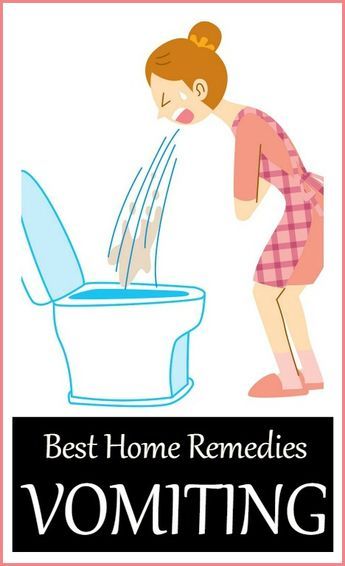
Usually such episodes recur with a certain frequency: once a week or a month. Another cause of vomiting in children is sunstroke. When overheated, a child usually vomits only once, and there are no other signs of gastrointestinal upset. In this case, it will be enough to let the baby rest in a dark, cool room. nine0003
The doctor also noted that vomiting can begin if blood pressure rises sharply, but this is extremely rare in young children.
Most parents are unable to understand what causes vomiting in children. Moreover, sometimes it can be accompanied by loose stools and abdominal pain. It is necessary to seek medical help from a pediatrician or pediatric gastroenterologist, and in some cases, you will need to call an ambulance.
Do not forget that babies have regurgitation, and they have nothing to do with vomiting. About half of newborns under the age of three months spit up at least once a day. nine0003
How to quickly stop vomiting at home
Seeing that the child is vomiting, parents ask themselves the question “How to quickly stop vomiting at home?” Many adults hope that there is a universal drug that will immediately solve the problem.
However, Ksenia Batrak, a pediatrician at the SM-Clinic in St. Petersburg, warns that it is practically impossible to stop vomiting quickly, and most often it is not necessary and even dangerous:
“It is no coincidence that doctors do not advise giving children antiemetics. Vomiting is a protective symptom that helps the body rid itself of infection. By stopping it with the help of pills, we harm children ourselves. We also interfere with the correct diagnosis, blurring the clinical picture of the disease. So it’s not worth trying to stop vomiting at home.” nine0003
Andrey Kurenkov, pediatrician, expert of the Mama TV channel, also warns against home “treatment” of parents:
“In no case should you stop vomiting on your own, without seeing a doctor. The fact is that vomiting occurs in many diseases, some of which are mild and self-limiting, and some are deadly (intestinal obstruction, diabetic ketoacidosis, acute adrenal insufficiency, non-food poisoning, increased intracranial pressure).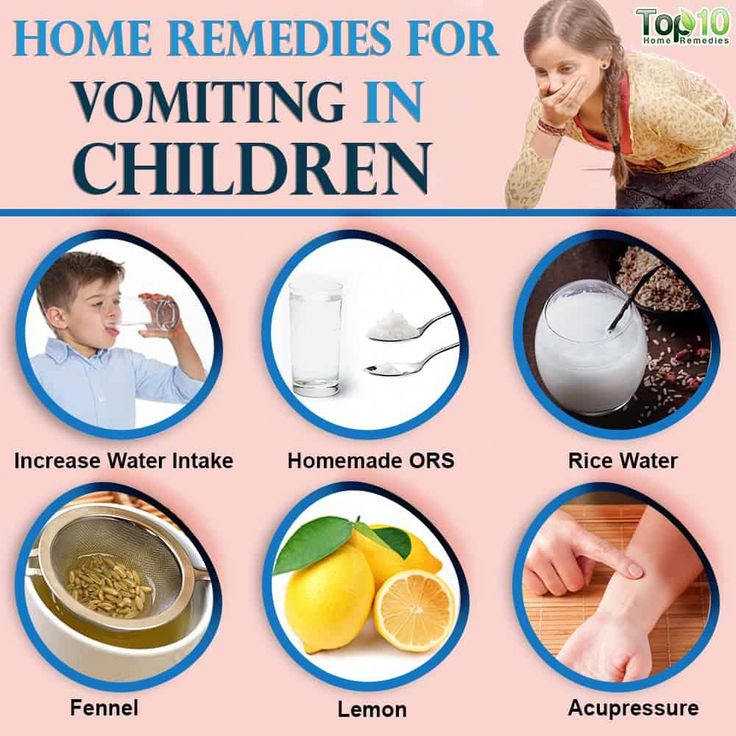 If vomiting is caused by these reasons, and you will try to stop it, you risk losing time. nine0003
If vomiting is caused by these reasons, and you will try to stop it, you risk losing time. nine0003
close
100%
What can be given to a child for vomiting lemon. But the main task is to provide the child's body with a sufficient amount of fluid to prevent dehydration.
“If you vomit once, you can give dried fruit compote. But if the child continues to vomit, you need to switch to fractional drinking: take at least a few sips every 10-15 minutes. It is better to drink plain water, but boiled, ”recommends Dr. Batrak. nine0003
Does the child have dry mouth, foamy saliva or no saliva, reduced urge to urinate, small urine volume, decreased activity? These are signs of dehydration. Loose stools further accelerate fluid loss.
Vomiting and diarrhea are dangerous for a small child due to a decrease in electrolytes in the body. Together with the liquid, the child also loses biologically significant elements that support important processes in cells. Pediatrician Ksenia Batrak told how they can be replenished: “To compensate for the loss of glucose or acids, you can add a little sugar or lemon juice to ordinary water.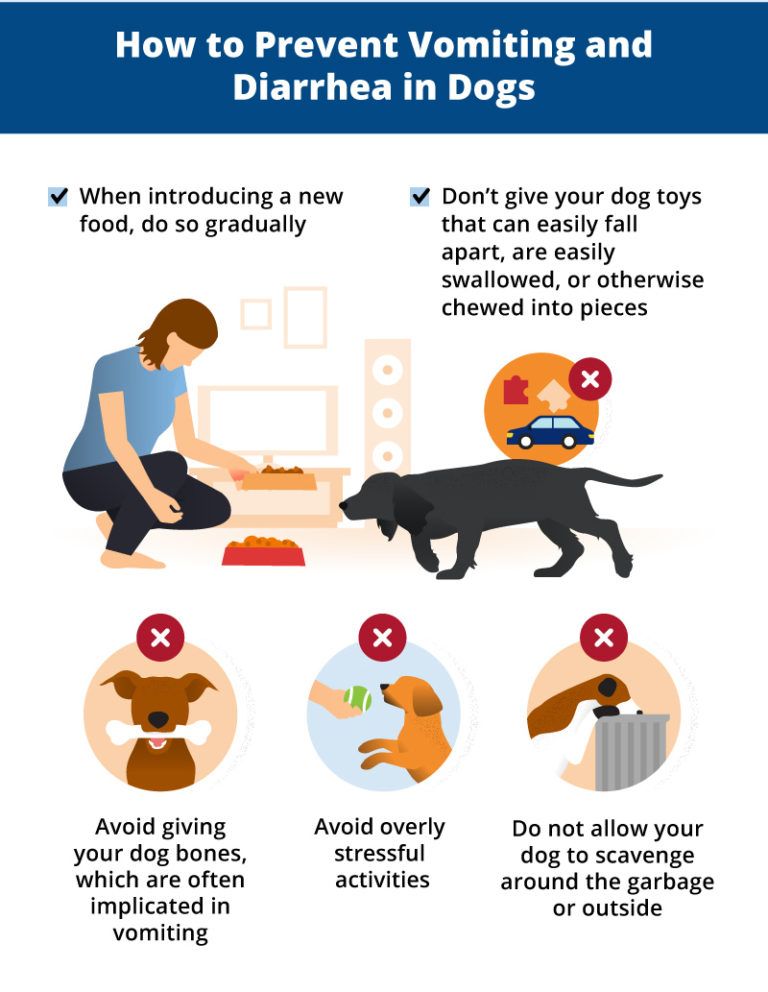 You can also buy ready-made solutions with a verified composition of electrolytes, salt and sugar. For example, Regidron Bio. Usually, children do not really like their taste, but such solutions help to replenish the balance of nutrients. If the cause of vomiting in children is food poisoning, sorbent preparations can be taken. nine0003
You can also buy ready-made solutions with a verified composition of electrolytes, salt and sugar. For example, Regidron Bio. Usually, children do not really like their taste, but such solutions help to replenish the balance of nutrients. If the cause of vomiting in children is food poisoning, sorbent preparations can be taken. nine0003
Pediatrician Andrei Kurenkov explains why a drug for adults cannot be used to restore the water-salt balance (rehydration):
salt concentration, and they themselves can provoke vomiting. For children, funds with low osmolarity are needed. For adults - Regidron, for children - Regidron-Bio.
How to stop vomiting if there is nothing to vomit
There are cases when the gag reflex persists even when there is nothing left to vomit. In such a situation, parents try to find a way to stop the child from vomiting.
However, pediatric gastroenterologist Elena Grek warns that the only option is to seek medical help: “All parents can do is move the child to a cool and quiet room, dim the lights, put something cold on the head, pat on the head or tummy.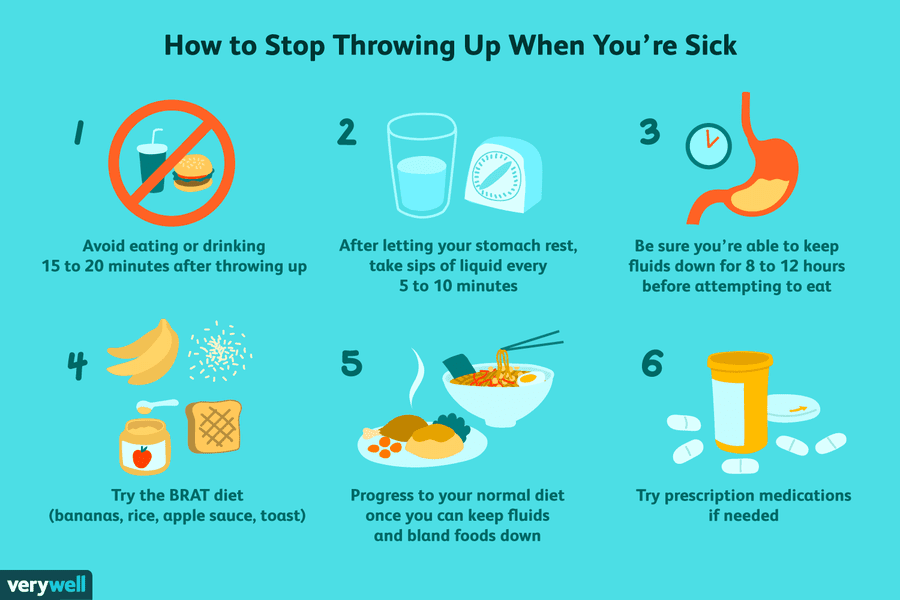 In other words, try to calm down while waiting for the doctor.” nine0003
In other words, try to calm down while waiting for the doctor.” nine0003
close
100%
Doctor or ambulance
How do I know if my child needs an ambulance or is it enough to wait for a doctor?
Andrey Kurenkov advises to focus on your own life experience:
“You have to solve only one question on your own: the child needs emergency or planned medical care. If, in the process of waiting for the doctor, despite your efforts to drink water, the child's condition worsens and his urination becomes less frequent, you need to call an ambulance. nine0003
The doctor emphasizes that no medication should be given until the doctor arrives, all the efforts of the parents should be devoted to feeding the child with low-osmolar oral rehydration agents, which were discussed above. This will help prevent dehydration.
What to do after a child has vomited
Doctors specify that the universal remedy for vomiting in children is drinking.
Elena Grek tells what to drink and even feed a child after vomiting: “If the body perceives liquid well, then warm weak tea can be added to the water.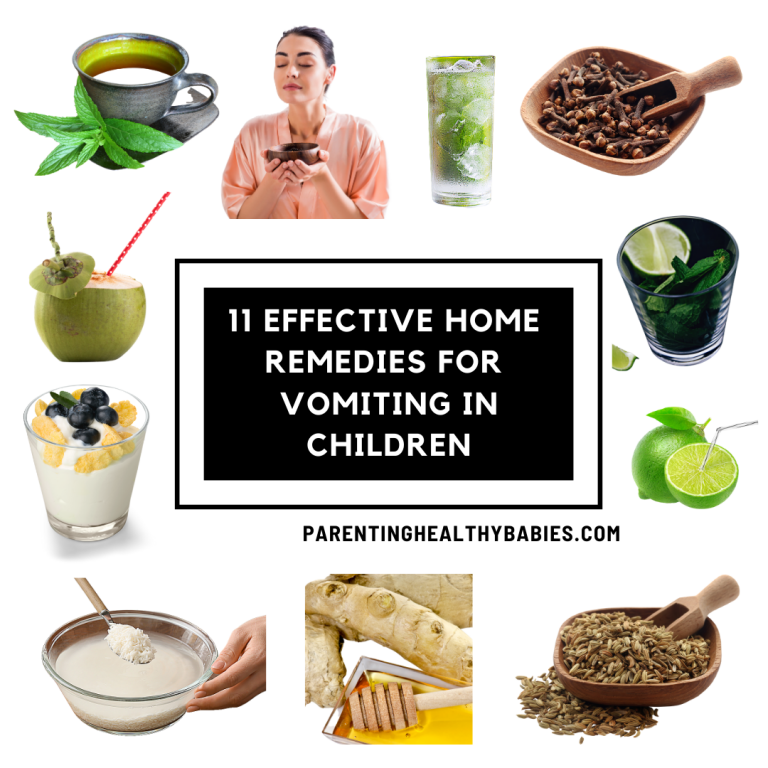 The drink should not be made too hot. Tea can be sweetened and a little lemon can be added to restore the acid balance. Any food after vomiting should also be liquid and homogeneous in composition. Porridge or chicken broth will do. Fatty and fried foods should be avoided. nine0003
The drink should not be made too hot. Tea can be sweetened and a little lemon can be added to restore the acid balance. Any food after vomiting should also be liquid and homogeneous in composition. Porridge or chicken broth will do. Fatty and fried foods should be avoided. nine0003
But if the vomiting does not stop, the head and stomach begin to hurt, loose stools appear, the temperature rises, and the child himself is lethargic and unable to even drink, the doctor warns: you should immediately seek medical help.
Can I give my child fizzy drinks when dehydrated from vomiting and diarrhea?
“In no case should you give a child soda to drink with vomiting and diarrhea (loose stools). The maximum can be given alkaline mineral water. But only in one case - when vomiting is caused by an exacerbation of gastritis or pancreatitis (an inflammatory process in the pancreas). Alkaline will help to extinguish the acidity in the stomach. At the same time, even such a mineral water should be without gas,” Elena Grek answers.




